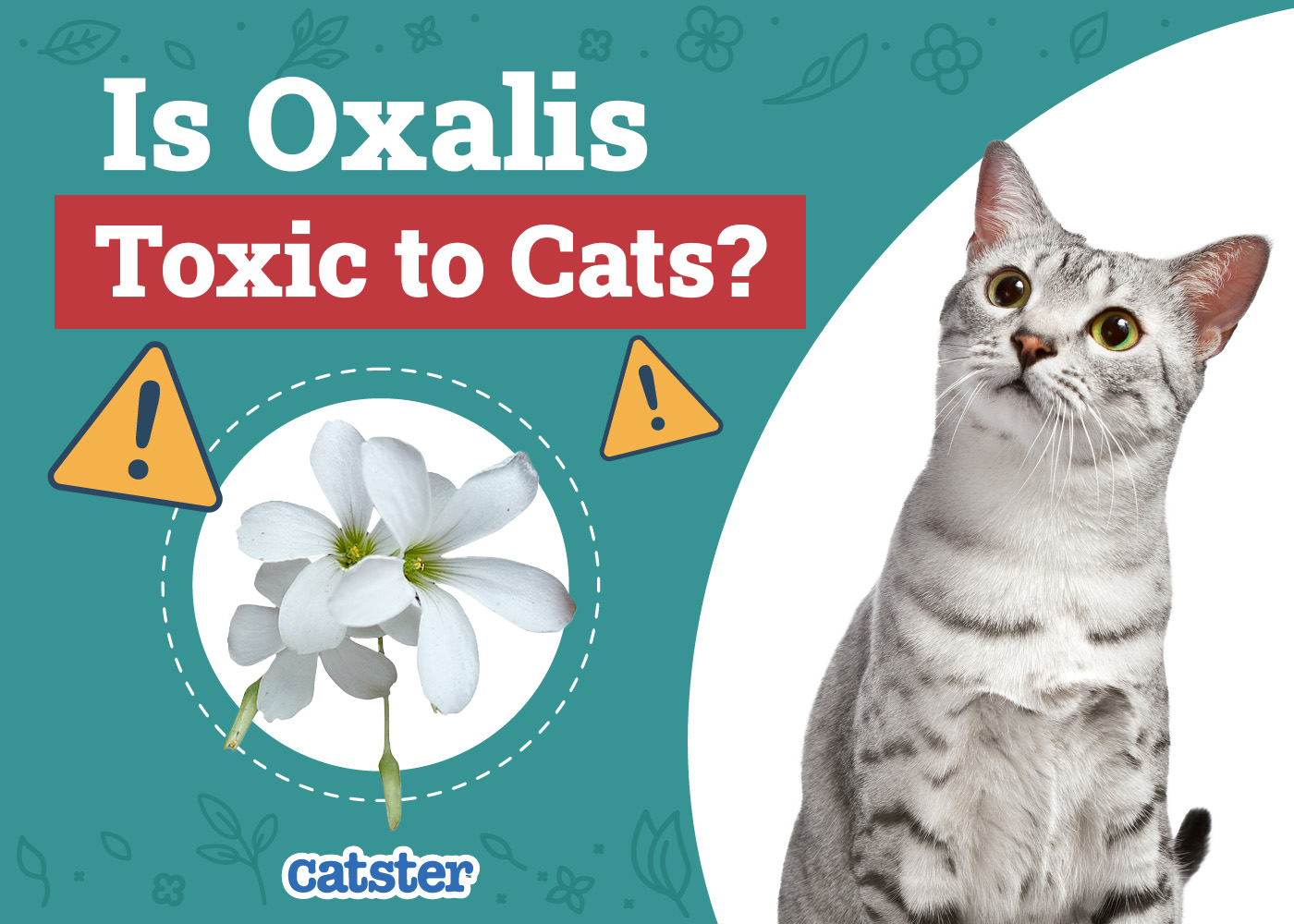Hey fellow cat lovers! As someone who’s spent countless hours researching pet safety (and freaking out whenever my cat Whiskers nibbles on random plants), I wanted to share everything I’ve learned about clovers and cats. Let’s dive into this important topic that might save your furry friend’s life!
The Quick Answer You Need Right Now
- Common clovers (the ones you find in your lawn) = SAFE for cats
- Shamrock plants (often mistaken for clovers) = TOXIC for cats ⚠️
Breaking Down Different Types of “Clovers”
Safe Clovers (The Ones in Your Yard)
- White clover
- Red clover
- Regular lawn clover
- Wild clover
Dangerous “Fake Clovers” (Shamrock Plants)
- Oxalis species
- Wood sorrel
- Good luck plants
- False shamrocks
What Happens If Your Cat Eats Toxic Shamrocks?
If your kitty munches on shamrocks (not regular clovers), watch out for these symptoms:
- Drooling (like, a lot!)
- Tummy troubles
- Loss of appetite
- Weird drinking patterns
- Acting super lazy
- In rare cases, kidney problems
My Personal Experience
Last year, I bought what I thought was a cute lil’ clover plant for St. Patrick’s Day. Turns out, it was actually a shamrock! Thank goodness I did my research before bringing it home, cuz my cat Whiskers loves to taste-test everything green!
How to Keep Your Cat Safe
-
Know the difference
- Real clovers = heart-shaped leaves
- Shamrocks = triangle-shaped leaves
-
Garden safety tips
- Remove shamrock plants
- Keep indoor plants out of reach
- Create a cat-friendly garden space
When to Call the Vet
If your cat ate shamrocks (not regular clovers), here’s what to do:
- Don’t panic (easier said than done, I know!)
- Call your vet ASAP
- Bring sample of the plant
- Monitor symptoms
Fun Fact!
Did ya know? The common clovers in your yard aren’t just safe – some cats actually enjoy nibbling them! They’re like nature’s cat treats, minus the fancy packaging
Tips for Cat-Safe Gardening
Safe Plants for Kitty Gardens
- Regular clovers
- Cat grass
- Catnip
- Catmint
Plants to Avoid
- Shamrocks
- Lilies
- Tulips
- Other toxic plants
The Bottom Line
Don’t stress too much about your cat playing in a clover-filled yard – regular clovers are totally safe! Just keep an eye out for those tricky shamrock plants that sometimes sneak into our homes disguised as decorative clovers.
Quick Reference Table
| Plant Type | Safe for Cats? | Common Locations |
|---|---|---|
| Common Clover | Yes | Lawns, fields |
| White Clover | Yes | Gardens, grass |
| Shamrock Plant | No | Indoor pots, decorative |
| Wood Sorrel | No | House plants |
Final Thoughts
As a cat parent, it’s better to be safe than sorry! While your kitty can safely nom on regular clovers all day long, keep those shamrocks far away from their curious paws. And if you’re ever unsure about a plant, just ask your vet – that’s what they’re there for!
Remember to share this info with other cat parents – we gotta look out for each other’s fur babies!
Last updated: June 30, 2025
#CatSafety #PetHealth #CatCare #PetParenting #CatTips

Toxic and Non-Toxic Plants List
ASPCA Poison Control Phone Number: (888) 426-4435
This list contains plants that have been reported as having systemic effects on animals and/or intense effects on the gastrointestinal tract. Please note that the information contained in our plants list is not meant to be all-inclusive, but rather a compilation of the most frequently encountered plants. Individual plants may differ in appearance from the photos used on our listings. Please be sure to check the name of the plant to determine its toxicity.
Also, be advised that the consumption of any plant material may cause vomiting and gastrointestinal upset for dogs and cats. Plants listed as either non-toxic, or potentially toxic with mild GI upset as their symptoms are not expected to be life-threatening to your pets.
If you believe that your animal is ill or may have ingested a poisonous substance, or if you have any further questions regarding the information contained in this database, contact either your local veterinarian or the ASPCA Poison Controls 24-hour emergency poison hotline at (888) 426-4435.Printable Lists of Toxic and Non-Toxic Plants:
- Items: 1 – 15 of 1024
- 1
- 2
- 3
- 4
- 5
- 6
- 7
- 8
- 9
- …
- Next
Plants That Are Toxic to Cats!!
0
